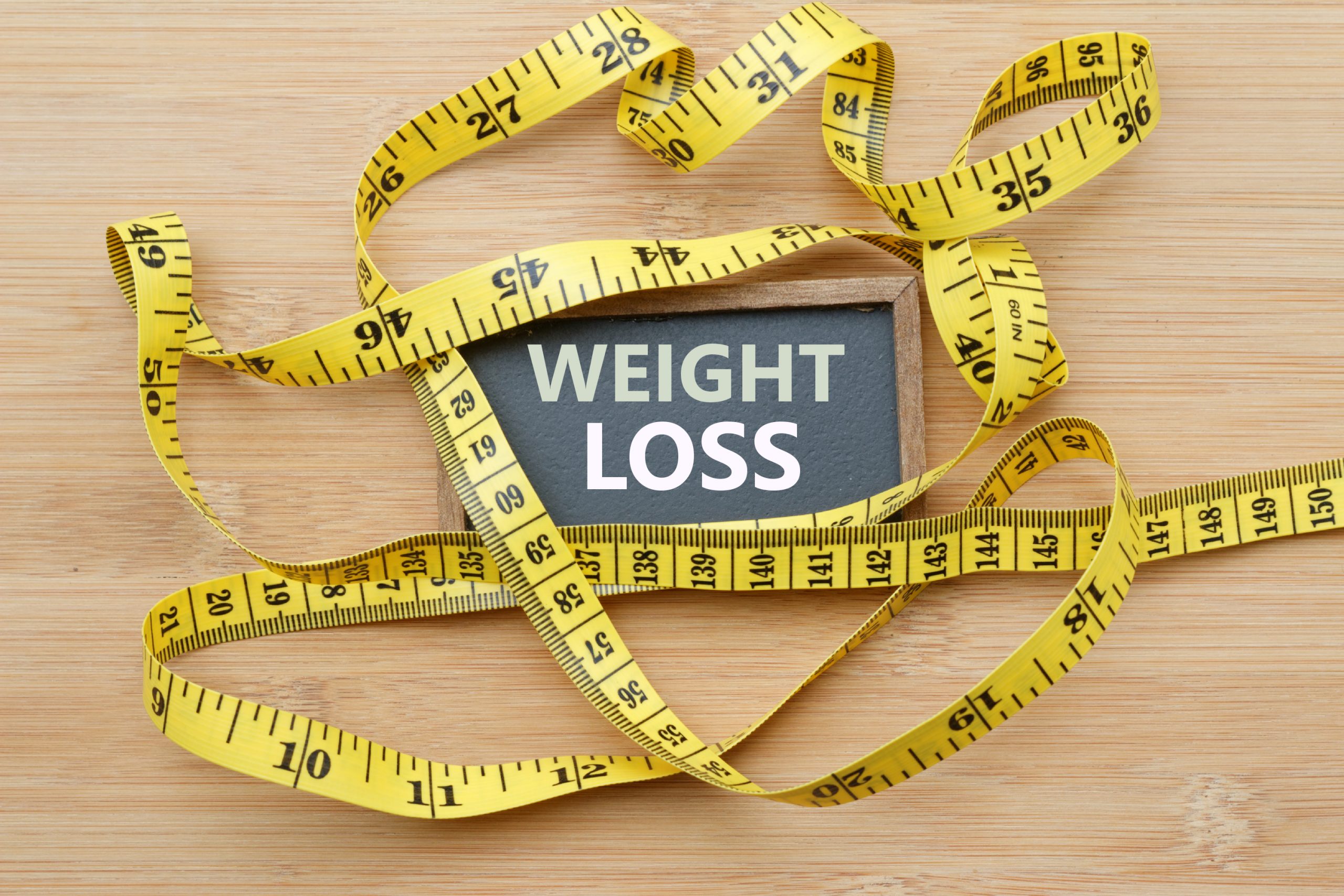Weight loss is a goal that many individuals strive for, whether it’s for improved health, enhanced self-confidence, or achieving a specific body image. While there are various factors that can influence weight loss, one often overlooked aspect is stress. Stress can have a significant impact on weight loss efforts, and understanding the connection between stress and weight loss is crucial for achieving long-term success. In this article, we will explore the impact of stress on weight loss and provide strategies for managing stress to support your weight loss journey.
- Cortisol and the Stress Response:
When we experience stress, our bodies release a hormone called cortisol as part of the stress response. Cortisol is commonly known as the “stress hormone” and plays a vital role in regulating our body’s response to stress. However, chronic or prolonged stress can lead to consistently elevated cortisol levels, which can negatively impact weight loss efforts.
- Increased Food Cravings:
Stress can trigger cravings for high-calorie, unhealthy foods. This is often referred to as “stress eating” or “emotional eating.” In times of stress, many individuals turn to comfort foods as a coping mechanism, seeking temporary relief from emotional distress. Unfortunately, these food choices are typically high in sugar, unhealthy fats, and calories, which can hinder weight loss progress.
- Disrupted Sleep Patterns:
Stress can also disrupt sleep patterns, leading to inadequate or poor-quality sleep. Lack of sleep has been linked to weight gain and difficulty losing weight. When we don’t get enough sleep, our bodies produce more ghrelin, a hormone that stimulates hunger, and less leptin, a hormone that helps regulate appetite. As a result, we may feel hungrier and have a harder time controlling our food intake.
- Impact on Metabolism:
Chronic stress can impact our metabolism, making it more challenging to lose weight. Elevated cortisol levels can increase insulin resistance, leading to higher blood sugar levels and potential weight gain. Additionally, stress can promote the accumulation of visceral fat, which is the type of fat that surrounds organs and has been associated with various health risks.
- Emotional Well-being and Motivation:
Stress can negatively affect our emotional well-being, causing feelings of anxiety, overwhelm, and fatigue. These emotions can significantly impact our motivation to engage in healthy behaviors such as regular exercise and mindful eating. When stress becomes overwhelming, it may feel easier to abandon or neglect our weight loss goals, leading to a cycle of further stress and weight gain.
Managing Stress for Successful Weight Loss:
- Practice Stress Management Techniques:
Incorporate stress management techniques into your daily routine. This can include activities such as meditation, deep breathing exercises, yoga, or engaging in hobbies that bring you joy and relaxation. Find what works best for you and prioritize self-care.
- Establish Healthy Coping Mechanisms:
Instead of turning to food for comfort, develop alternative coping mechanisms for managing stress. This can include talking to a supportive friend or family member, journaling, or engaging in activities that provide a sense of calm and relaxation.
- Prioritize Sleep:
Make sleep a priority by establishing a consistent sleep schedule and creating a relaxing bedtime routine. Aim for 7-9 hours of quality sleep each night to support overall well-being and weight loss efforts.
- Incorporate Regular Exercise:
Regular physical activity not only helps with weight loss but also acts as a natural stress reliever. Engage in activities you enjoy, such as walking, swimming, dancing, or cycling. Exercise releases endorphins, which are mood-boosting hormones that can help reduce stress levels.
- Seek Support:
Don’t hesitate to reach out for support when needed. This can be from a healthcare professional, a registered dietitian, a therapist,












